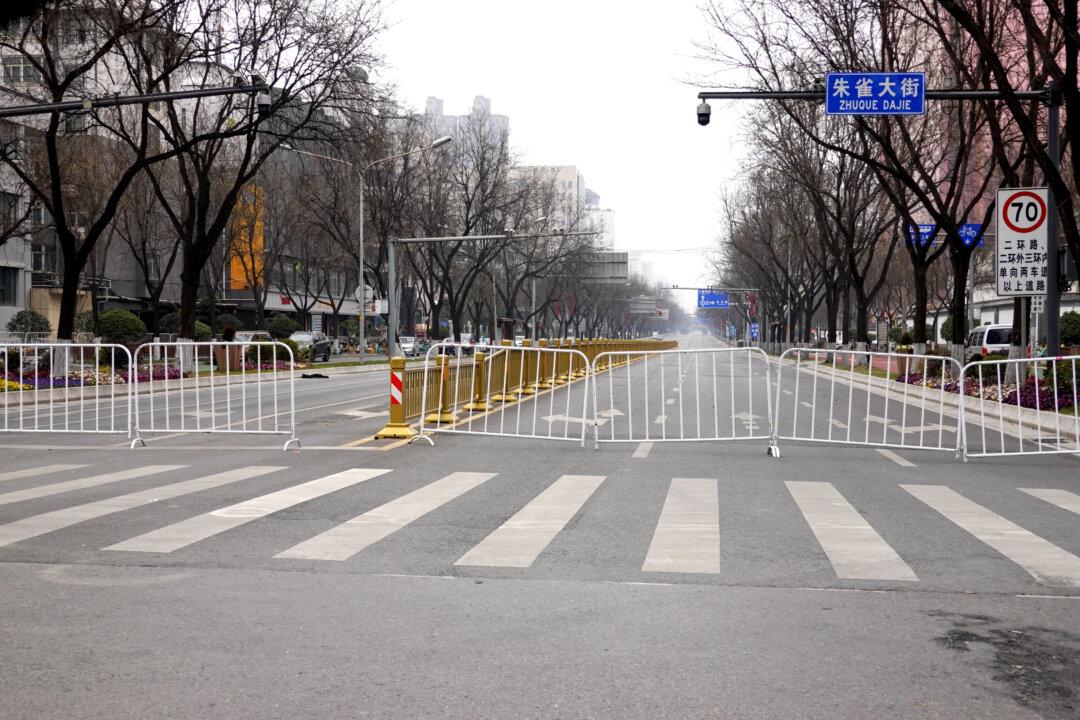The three-year pandemic lockdown has had lingering effects, both psychologically and economically, and many Chinese have consequently incurred debts and faced bankruptcy. Over the past five years, China’s household debt has surged nearly 50 percent. The sharp rise in personal debt, if not resolved quickly, can have a cascading effect, further worsening the Chinese economy, according to an economist.
According to the Chinese Supreme Court’s public record, the indebted population who have defaulted, or blacklisted entities, jumped from 5.7 million in early 2020 to 8.33 million as of April 22, an increase of 46 percent. Household debt has surged 50 percent over the last five years to $11 trillion, according to the Wall Street Journal.




